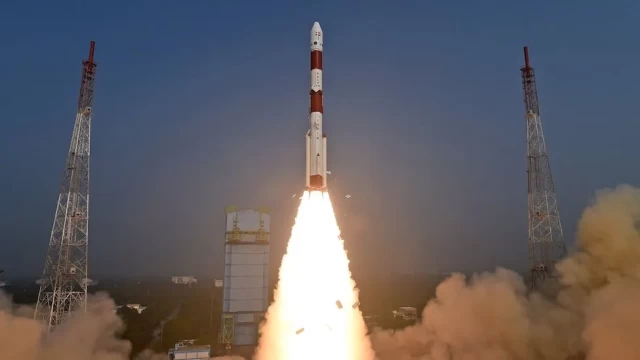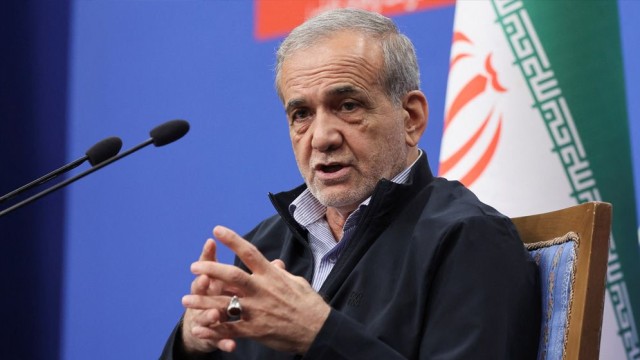The Indian space agency has launched a rocket with an observatory on board to study celestial objects such as black holes. The launch was successful.
On Monday, it was launched at 09:10 local time (03:40 GMT) from the Sriharikota spaceport.
This is just the second mission of its kind in the world; the first was launched by NASA in 2021.Enhancing scientists' "knowledge of black holes" was the stated goal of the space agency.
Following the launch, S Somanath, the chairperson of the Indian Space Research Organization (Isro), remarked, "We will have an exciting time ahead."
A region of space where matter has collapsed in on itself is called a black hole. Nothing can escape the gravitational pull, not even light. It is that intense.
Some massive stars explode into black holes, some of which are incredibly massive, with masses billions of times that of the Sun.
The X-ray Polarimeter spacecraft (XPoSat), a spacecraft built by Isro, will study black holes in great detail.
The XPoSat satellite was built for about 250 million rupees ($30 million; £23.5 million) and is expected to last for five years.Isro had an incredibly successful year prior to the debut. Its Moon project Chandrayaan-3 made history in August by landing in a previously uncharted area of the moon—close to the South Pole. Aditya-L1, the first observation mission to the Sun, was launched a few days later.
The launch on Monday is just one of many initiatives that Isro has planned to complete this year.
Mr. Somnath stated, "2024 is going to be the year for Gaganyaan readiness," making reference to the project that intends to launch three humans into low-Earth orbit and return them three days later.
Isro hopes to be prepared for the manned voyage by 2025, having completed the first of several test flights for the mission in October 2023.






























Comment: